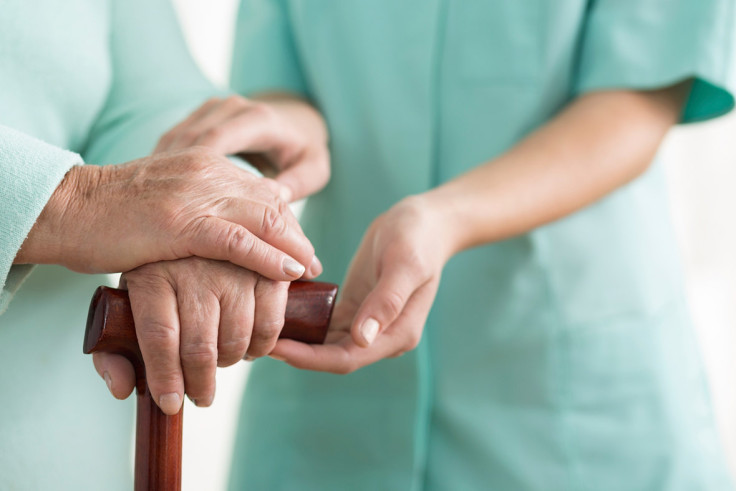Elderly patients 'sent home to die' as watchdog highlights failures in NHS discharge system

Too many elderly patients are suffering and dying alone after being discharged from hospital too soon, an NHS watchdog has found. In 2015, the parliamentary and health service ombudsman Dame Julie Mellor investigated 221 complaints about patients being sent home too early, although she said there could still be thousands of such cases.
She recounted nine harrowing experiences in particular of patients including a woman, aged in her late 90s, who collapsed and died after being sent home because doctors failed to diagnose her infection. Another case involved an 80-year-old woman with Parkinson's and dementia who was sent home and readmitted to hospital, three times, before dying in hospital.
In the foreword to her report, Mellor said: "Our investigations have found that some of the most vulnerable patients, including frail and older people, are enduring harrowing ordeals when they leave hospital. Poor planning, coordination and communication between hospital staff and between health and social care services are failing patients, compromising their safety and dignity."
Hospitals are under pressure to cut the £900m annual cost of bed-blocking by discharging more of the 5,500 patients a day who are fit to leave but occupy a bed.
But her report says the quest for meeting such targets means that hospitals are "moving people on from hospitals too quickly", with a 36% rise in complaints per year. There were 6,286 complaints across the NHS according to Mellor's report in 2015.
The NHS Confederation said the report should spark debate with Phil McCarvill, the deputy director of policy, saying: "This should trigger an important public conversation about when it's most appropriate to discharge patients so that the process is as safe and dignified as it can be," the Guardian reported.
The National Institute for Health and Care Excellence said the report highlighted "gaps in care". Gillian Leng, its deputy chief executive, said: "It's more important than ever to ensure person-centred care when someone is admitted to hospital, with health and social care practitioners working together from the time that the patient is admitted, and even before that if possible."
In a statement, the Department of Health said the report showed "unacceptable failings" in care and said that some patients have been terribly let down: "We expect the NHS to ensure patient safety and social care needs are taken into account when making clinical decisions about discharging patients from hospital."
© Copyright IBTimes 2024. All rights reserved.






